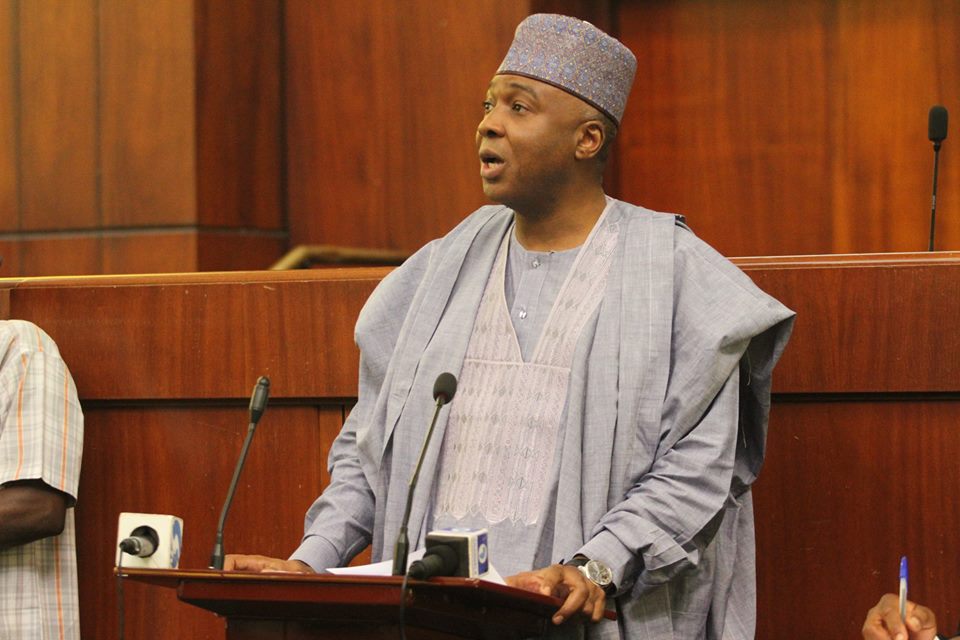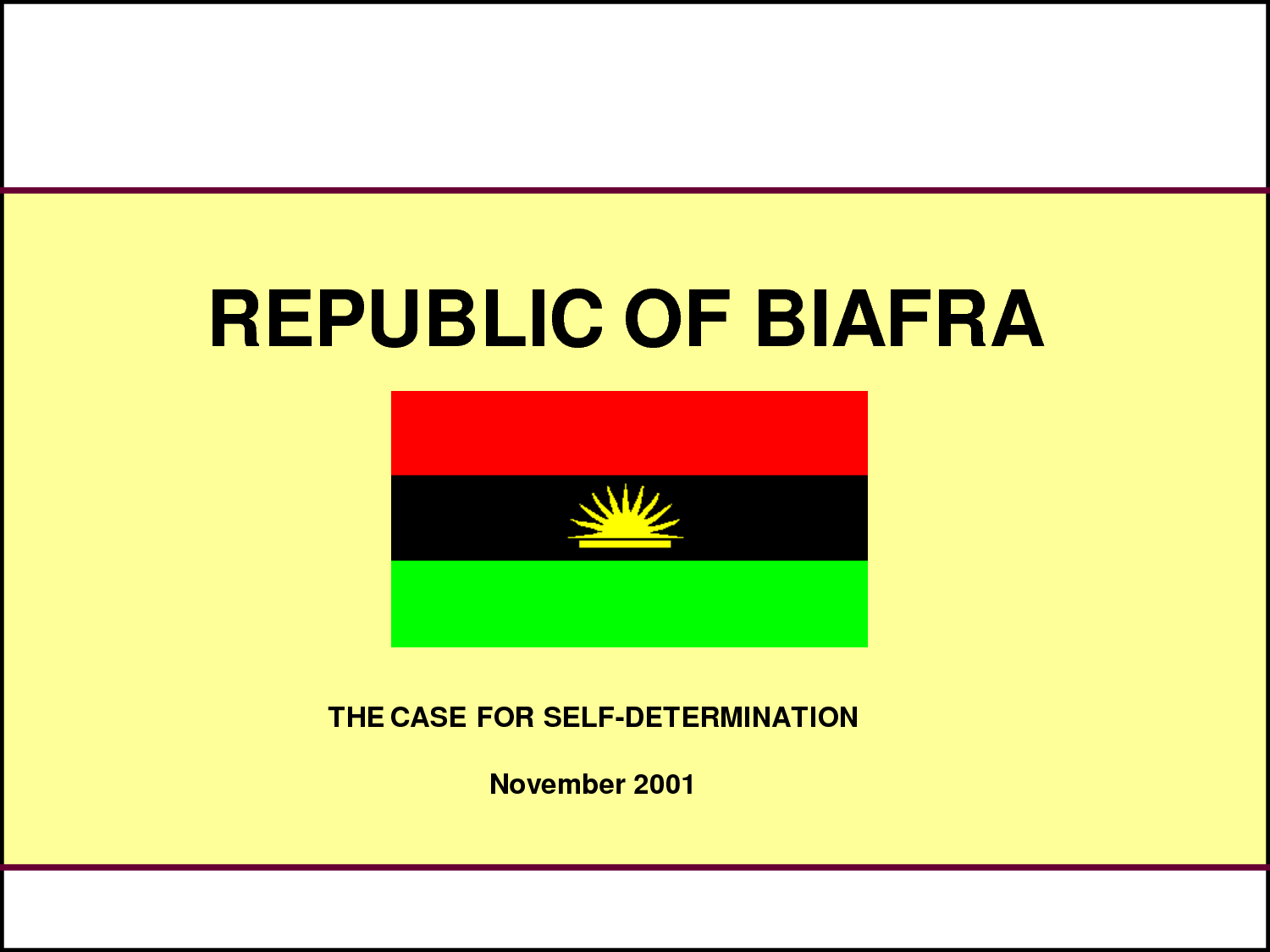Michael Ikpoki, CEO of MTN Nigeria, has resigned his appointment with immediate effect in a major shake-up at the telecoms giant.
Akinwale Goodluck, the head of regulatory and corporate affairs, has also resigned.
The new CEO is Ferdi Moolman while Amina Oyagbola takes over as the head of regulatory and corporate affairs.
Moolman, previously COO at MTN Irancell, was most recently chief financial officer at MTN Nigeria.
Advertisement
Oyagbola is returning to the regulatory and corporate affairs she headed before and will retain her position as head of human resources.
These changes are thought to be in response to the N1.04 trillion fine imposed on the company for failing to deactivate 5.2 million unregistered SIM cards.
In a statement issued by the group corporate affairs on Thursday, the MTN Group also announced that it was restructuring its operations to strengthen “operational oversight, leadership, governance and regulatory compliance” across its 22 country operations in Africa and the Middle East.
Advertisement
The group is now restructured into three regions – West and Central Africa, South and East Africa, and Middle East and North Africa.
Jyoti Desai was appointed group chief operarting officer, a new position that was created effective December 1, 2015.
Desai, who will report to the executive chairman, Phuthuma Nhleko, was once chief information officer at MTN Nigeria and was recently seconded to support the Nigerian country operations.
Two of the three new regional vice presidents have been appointed: Karl Toriola for West and Central Africa, and Ismail Jaroudi for Middle East North Africa.
Advertisement
A new group CEO is yet to be appointed since the resignation of Sifiso Dabengwa in the wake of the record fine imposed on its Nigerian arm.
Nhleko, in his comments on this changes, said: “This revised structure and strengthened leadership will improve operational oversight and increase management capacity. This will enable MTN to continue to realise its strategy and vision, while also ensuring we achieve high governance standards and robust risk mitigation.”
Add a comment






